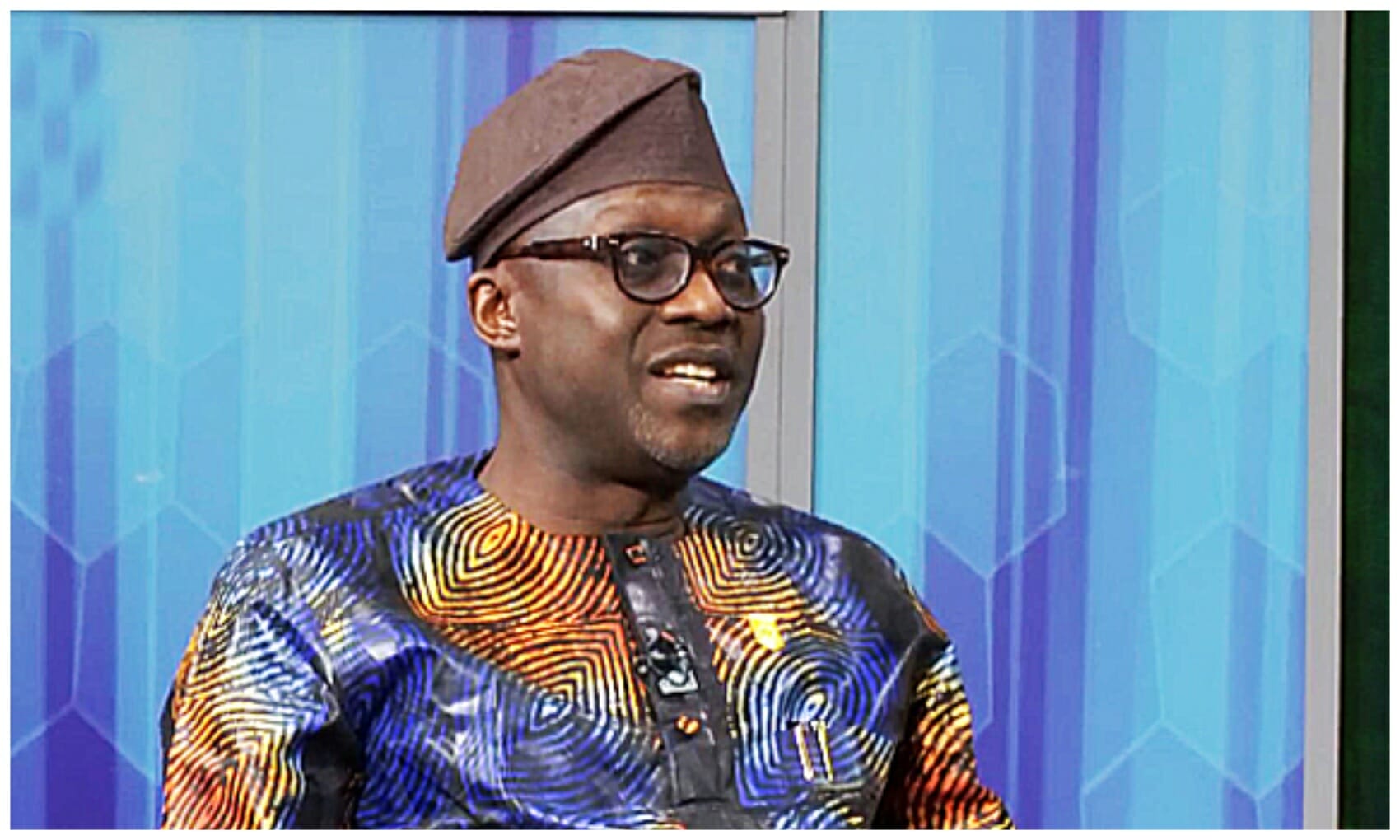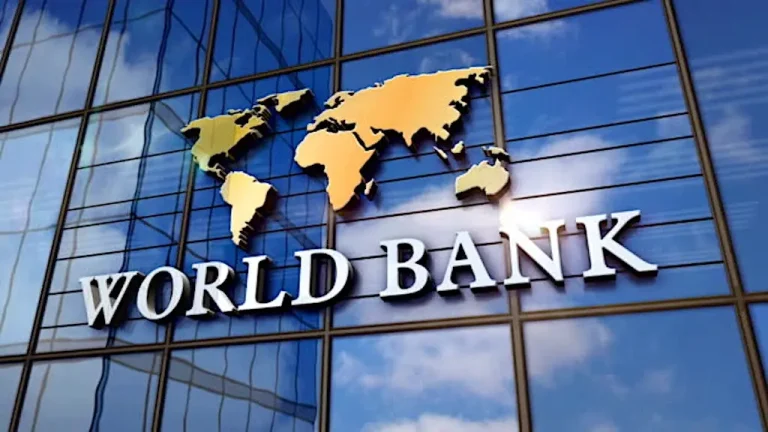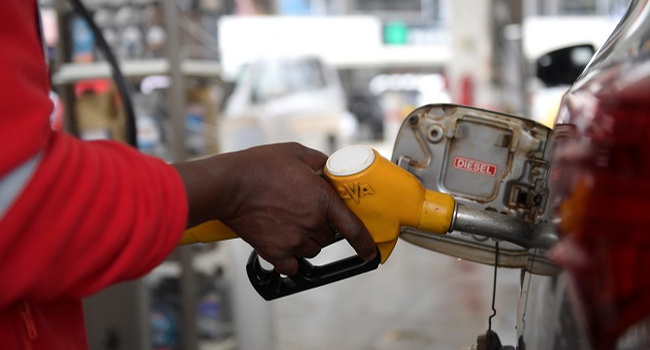
The Manufacturers Association of Nigeria (MAN) has expressed strong approval of the Federal Government’s recent decision to suspend the controversial 4% Free-on-Board (FOB) levy on imports, which was reintroduced by the Nigeria Customs Service (NCS) earlier this month. The levy, which came into effect on August 4, 2025, had sparked widespread anxiety across the manufacturing sector due to its potential to escalate the cost of raw materials and machinery crucial to local production.
In a statement issued on Tuesday, MAN’s Director General, Segun Ajayi-Kadir, described the suspension as a welcome relief for manufacturers who had raised serious concerns about the negative economic implications of the charge.
“We trust that the Nigeria Customs Service, building on its commendable reform efforts, will promptly notify all relevant commands to remove the levy from its systems. Meanwhile, we await the full reinstatement of the B’Odogwu trade platform, which is critical for seamless import processes,” Ajayi-Kadir said.
The Director General emphasized that the suspension has already brought a much-needed boost to the manufacturing community, reassuring business operators who feared the levy could trigger inflationary pressures and disrupt supply chains.
“This development is indeed encouraging news for Nigeria’s manufacturing sector and the wider business community,” he added.
Ajayi-Kadir further commended the swift and decisive intervention by the Minister of Finance and Coordinating Minister of the Economy, Wale Edun, crediting him with averting a potential escalation in prices that could have jeopardized the economic stability achieved under the current administration.
“While the levy was aimed at increasing government revenue, implementing it at this time would have been counterproductive – akin to scoring an own goal in football,” he remarked.
MAN also reiterated its commitment to collaborate with government agencies, particularly the NCS, to streamline trade procedures, reduce port-related costs, and improve fiscal transparency, factors deemed essential for a thriving industrial ecosystem.
The reintroduction of the 4% FOB charge had drawn strong opposition from manufacturers, importers, and clearing agents who feared it would inflate the cost of importing essential raw materials, machinery, and spare parts that are not produced locally.
Following the backlash, the government suspended the levy, a move that has been widely praised as a necessary step to protect local industries and maintain Nigeria’s competitive edge in global trade.


